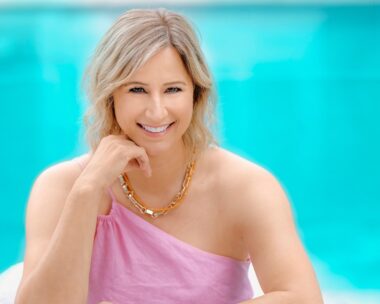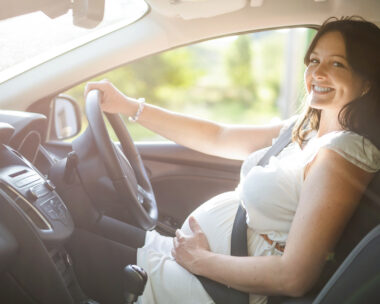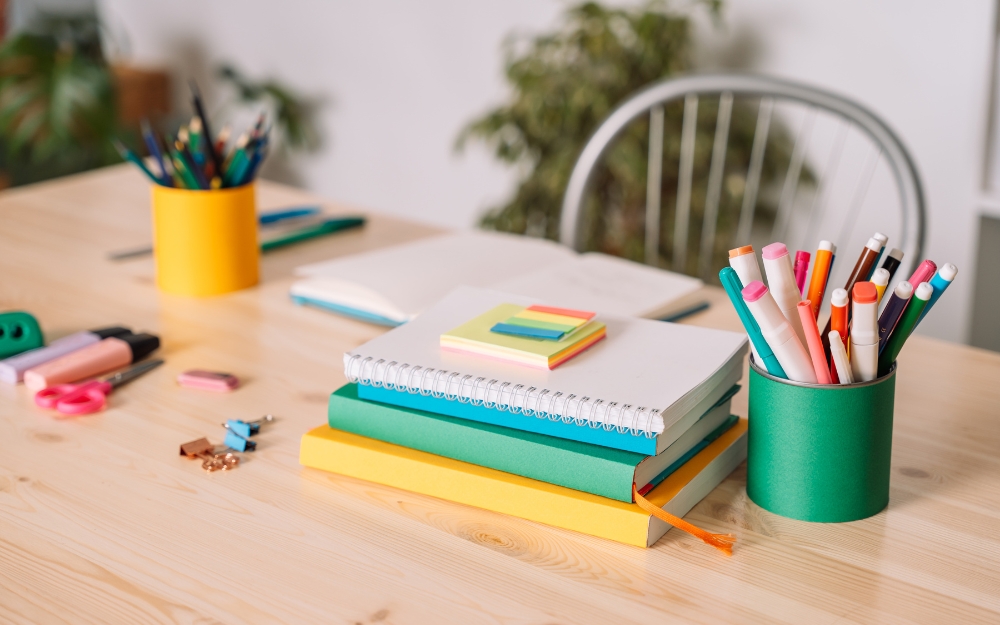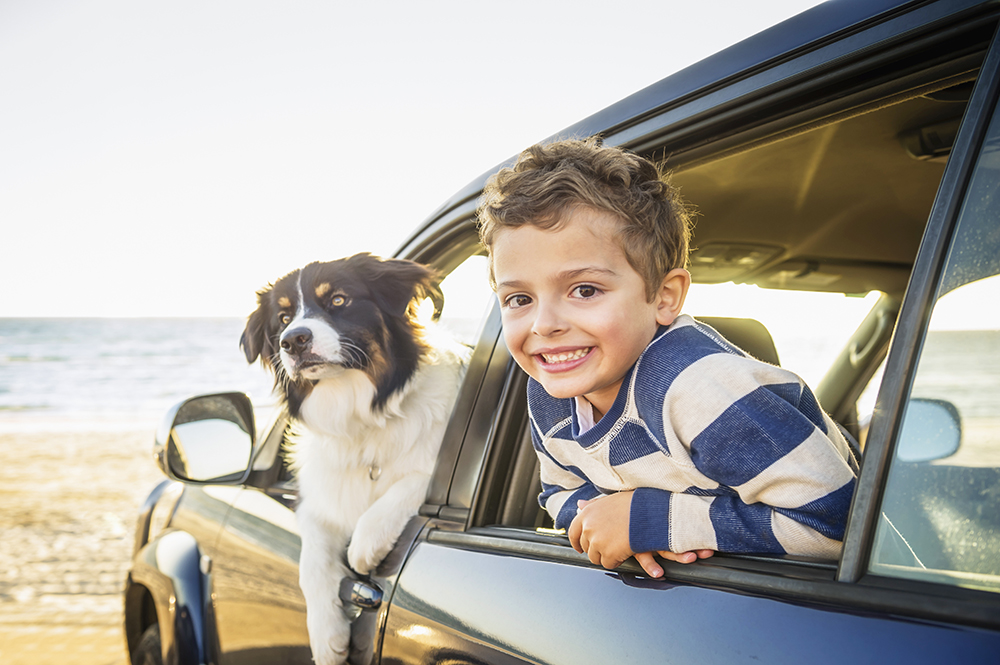In a tiny North Shore bedroom, dwarfed by shelves of colourful onesies and neatly folded cloth nappies, Rebecca Simpson* starts to cry. This is the nursery the 35-year-old and her husband Matt set up two years ago for the child they hoped to adopt. Instead, the room has become a shrine to the child they will never have.
“Being a mother was all I ever wanted, but after five miscarriages and a decade of heartbreaking, failed fertility treatments, we decided to turn to adoption,” says Rebecca.
The couple assumed they wouldn’t have to wait long for a baby: they owned their own home, had good jobs (Rebecca as an account manager, Matt as a senior public servant) and a bank account ending with several zeros.
But at their first information session with Child Youth & Family (now Oranga Tamariki), the couple’s confidence burst like a balloon on a bed of nails.
“They told us there were very few babies available for adoption in New Zealand because no-one puts their kids up for adoption any more,” explains Rebecca.
The social worker warned them they could end up waiting for up to 10 years. “And even then there was no certainty. They said birth mothers get to choose from as many as 100 couples so not to pin our hopes on it.”
Despite driving home that night in floods of tears, Rebecca and her husband of eight years filled out their profile and underwent the expensive and time-consuming process of medical and police checks.
And they waited. Rebecca says her husband told her not to get excited, “but I was obsessed with the idea of giving a baby a home. We have so much love to give and I know there are lots of kids out there who badly need it. It seemed like a no-brainer”.
Every cent that wasn’t allocated for the mortgage or hire-purchase agreements went towards buying baby gear.
“I had everything, from the latest stroller and car seat to tiny booties. The social worker said adoptive babies arrive with nothing, so I wanted my baby to have the best of everything.”
But despite repeated calls to CYF, the couple was told their profile had only been presented to two mothers over two years and both times had been rejected.
“It was heartbreaking,” admits Rebecca. “Have you ever wanted something so badly that your bones ache? That’s how I felt when I realised we could never adopt a baby.”
The couple looked into overseas adoption, but were told it could cost up to $60,000 and that they’d only qualify for a child aged over five with a physical or mental disability. “But I wanted a baby, not an older child,” says Rebecca.
They also looked into surrogacy but by then Rebecca says she was “so broken by the whole process”, she couldn’t handle any more pain.
New Zealand’s tiny adoption pool
Although figures aren’t kept for how many children are available to adopt at any one time – or how many potential parents are in the adoption ‘pool’ – in 2017/18, 159 people made applications to Oranga Tamariki to adopt but only 132 were approved.
In 2016, just 128 adoptions were recorded within New Zealand (excluding adoptions from overseas). That’s a third of the number compared with 10 years ago. Go back to 1971, and the number climbs to almost 4000.
The reason for the drop in available children is the result of more reliable and accessible contraception, women having fewer unplanned pregnancies and greater societal acceptance of single mothers.
Add to this the growth and availability of the DPB, which was introduced in the 70s and gave mothers the financial means to keep their children, even if they didn’t have family support.
“Over the years, there has also been a policy of placing children within their extended family group, whether that’s with grandparents, siblings or cousins,” says Auckland QC and adoption/surrogacy legal expert Margaret Casey.
“That means many children don’t make it into the public adoption system.”
Fiona & Grant Shanahan’s love for Kathlyn
Fiona Shanahan (44) always wanted a large family. Her father had 16 siblings and the early childhood teacher says she was “born to be a mother”. So when she and husband Grant got pregnant, 18 months after marrying, the Lower Hutt couple was overjoyed. What wasn’t so pleasant was the constant vomiting, diarrhoea and hospitalisation from hyperemesis gravidarum (severe morning sickness).

Kathlyn is now a happy 12-year-old.
Baby grief
Despite a pregnancy plagued with illness, Fiona gave birth to son Patrick (now 17). The couple became pregnant again 18 months later, and again Fiona was hospitalised. She lost the baby at around 20 weeks and doctors told her she couldn’t have any more children.
“They basically said it’s either you or the baby, which was absolutely devastating. Not only had I lost a baby I’d also lost all future ones too.”

Brothers Patrick and Jimmy are fiercely protective of their sister say Grant and Fiona.
To help cope with the grief, the couple and their young son travelled around Europe in a van for eight months. On the plane ride home, Grant suggested they look at adopting.
“He knew I was still grieving and said there must be a baby in New Zealand who needs love.”
On her application form, Fiona ticked every box, including the disabled one. Warned that the average wait for a child could be 10-12 years, the Shanahans were the only ones of the 12 couples attending the same government information sessions who didn’t adopt a child from overseas.

“Even though we thought it might never happen, we wanted to give a Kiwi child a home.” Instead, within 12 months, they got a call from authorities to say there was a baby girl in Auckland with Down syndrome whose family weren’t able to raise her.
“When you tick every adoption box, you have to be prepared to take any child that is offered,” says Fiona.
With two days’ notice, the couple and their son flew to Auckland to meet the birth parents and 20-day-old Kathlyn (now 12), in addition to having Down syndrome, she was also born with heart problems and no eyelids.

But when Kathlyn’s birth mother handed her to Fiona with the words, “Meet your daughter”, Fiona immediately fell in love.
“We knew Kathlyn was ill and that very first night she ended up in hospital. For the first year we had to give her eye-drops every hour and her medical needs are ongoing. But I was so desperate to give a baby a loving home, I knew we were doing the right thing.”
Cruel behaviour
Not only did they have to care for a sick child, but six months later, Fiona unexpectedly became pregnant and again was sick for her entire pregnancy (son Jimmy is now 11).
“It was pretty hard, taking Kathlyn up to Auckland for treatment while having a newborn. But our faith and our families got us through.”
Like most adoptions in New Zealand, theirs is an open adoption, which means Kathlyn is able to have contact with her birth parents. So far, Kathlyn’s birth parents have only seen her once.
“Thankfully, Kathlyn doesn’t really understand the concept of adoption but every night she prays for her ‘tummy mummy’ and her birth family.”
Fiona says Kathlyn doesn’t feel any different to their birth children and even looks like her. What has been harder is the cruel comments often directed their way.

Kathlyn, who has Down syndrome, was born with heart problems and no eyelids.
“When Kathlyn was a baby, a woman in a shop told me I must be ‘one of those mothers’, because she thought I’d drunk throughout my pregnancy and Kathlyn had foetal alcohol syndrome.
And a man once walked past when I was out with the two younger children and said, ‘At least you’ve got one good one’.”
Kathlyn’s two brothers are fiercely protective of their sister and will challenge other children who bully her and call her names.
Although Fiona has given up on the idea of a big family, she says they may foster a child in the future.
“It’s a real shame there aren’t more adoptions in New Zealand. There are so many families out there wanting to give a child unconditional love and experience the sort of joy we have from welcoming Kathlyn into our lives.”
Fixing NZ’s adoption laws
Talk to anyone about adoption in New Zealand and one issue will surface over and over – the Adoption Act 1955. This 63-year-old legislation is “badly outdated, discriminatory and severely dysfunctional,” says Fiona Donoghue of Adoption Action, a lobby group that aims to ensure changes to the current adoption law.
“Our biggest issue is that current legislation doesn’t ensure the rights of the child are met,” says Fiona, who was adopted as a child.
“Currently, the law seals your birth certificate with your birth parent(s) names until you’re 20, which means you may have no access to information about your identity until that age, and even then it’s not easy tracking down people who might have married and changed their names or moved away. Everyone has the right to know who their family is and where they come from.”
Fiona, who found her birth family 30 years ago, says the current legislation also allows for a 10-day period after which mothers sign away all legal connection to their baby. “That isn’t nearly long enough,” she says.
“After having a child, your hormones are all over the place and 10 days is too soon to make a such an important decision that will affect so many people for years in often horrific ways. We’re asking for that consent period to be extended to 28 days.”
Last year, the push for adoption law reform was boosted by media personality Toni Street who was forced to adopt her biological son born via a surrogate. Toni, whose third child was delivered by her best friend Sophie Braggins, joined the chorus of voices calling for New Zealand’s adoption law to be updated.
“It is incredibly hard for loving parents to adopt in this country and our vulnerable children deserve better,” Toni wrote on Instagram, adding, “I’ve also experienced first-hand how outdated the process is for surrogacy.” It took four months for Toni and her husband Matt France to officially adopt their child.
QC Margaret Casey, who has worked in the adoption and surrogacy legal field for more than 30 years, agrees current adoption law needs to change but argues that surrogacy needs to have its own legislation.
“Surrogacy and adoption are two very different pathways to making a family and both need to be recognised,” says Margaret. “Above all, we need to ensure that children come first, but we also need to respect the birth parents, the adoptive parents and the surrogate who has carried the child for nine months.”
Prime Minister Jacinda Ardern has promised to “fix” the Adoption Act and one of her MPs working to do that is Rongotai MP Paul Eagle. The 46-year-old has a vested interest – not only was he given up for adoption by his birth mother when he was a baby, he and his wife Miriam also adopted their son, Tamarangi.
“When I was 20, I met my birth mother who told me she gave me up because she wanted to give me a better life than she could,” says Paul. “She spoke of her sadness and how she missed me. At shopping malls, she would look at each little Maori boy and wonder if it was me.”
Paul says New Zealand’s “secretive” adoption laws have resulted in hundreds of adopted children not knowing where they came from.
“The legislation is so out of step with how we live now. I’m working to ensure that adoption in New Zealand connects children to their past while supporting their future.”




